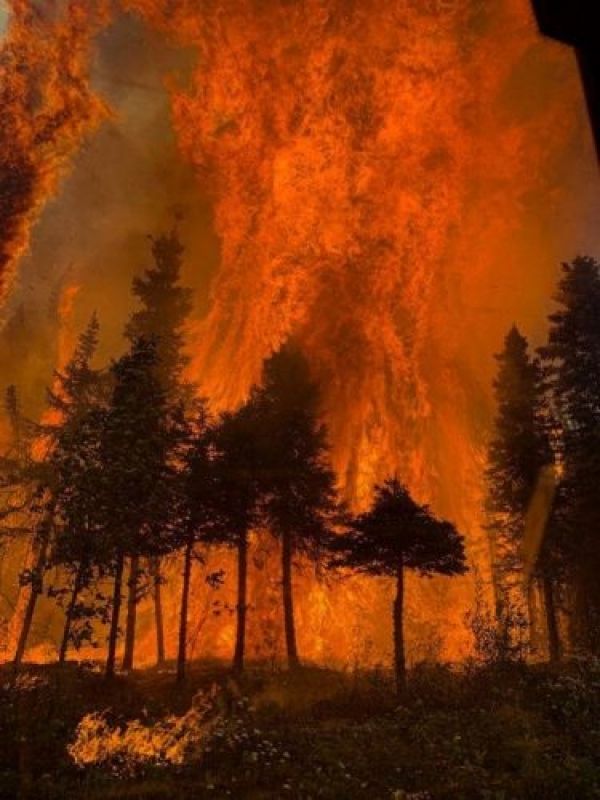Some of the weather conditions that led to the destructive McKinley and Swan Lake fires in 2019 could be a mainstay of Southcentral Alaska summers in the future, according to a recent article by a team of scientists with the Established Program to Stimulate Competitive Research.
Twenty-three researchers — 13 of them core members of the EPSCoR Boreal Fires team — collaborated on an article recently published in the journal Land. The team included 14 scientists from the University of Alaska Fairbanks and two from the University of Alaska Anchorage.
The researchers studied Southcentral Alaska’s unusual 2019 fire year for signs of human influence on the climatological factors that precipitated the fires. After extrapolating their results through the coming decades, they found that Southcentral summers are expected to get both hotter and wetter. However, that temperature growth will be more pronounced than higher moisture, increasing fire risk.
“The heat is overtaking the moisture,” explained lead author Uma Bhatt, UAF professor of atmospheric science. “Precipitation is going up, but temperature is really going up. The warming is winning out.”
Read more at University of Alaska Fairbanks
Image: The Swan Lake fire rages in a forest on the Kenai Peninsula in 2019. (Credit: Photo courtesy of Alaska Fire Service)


